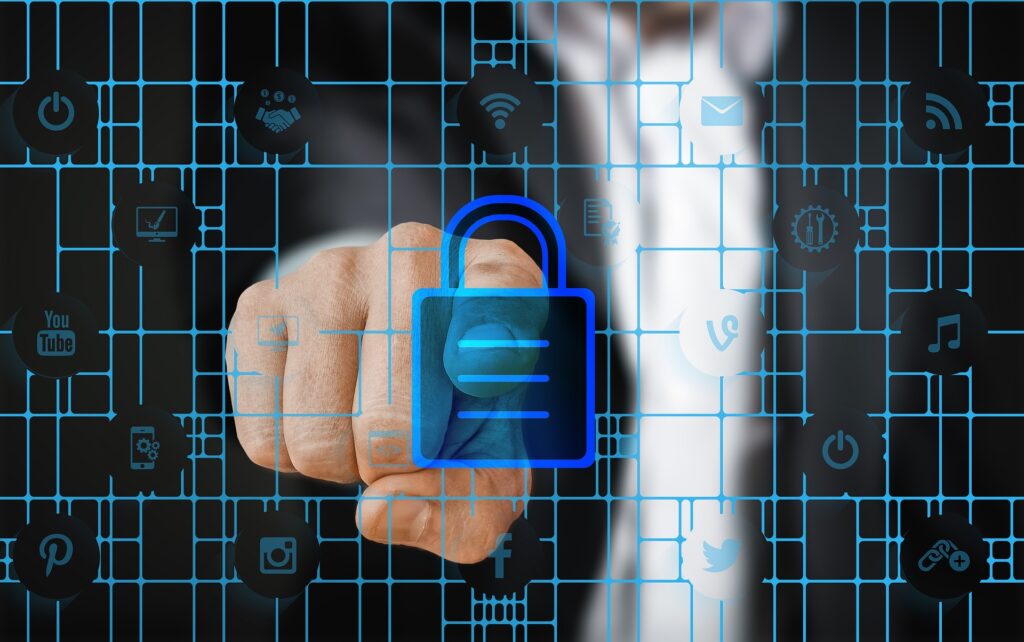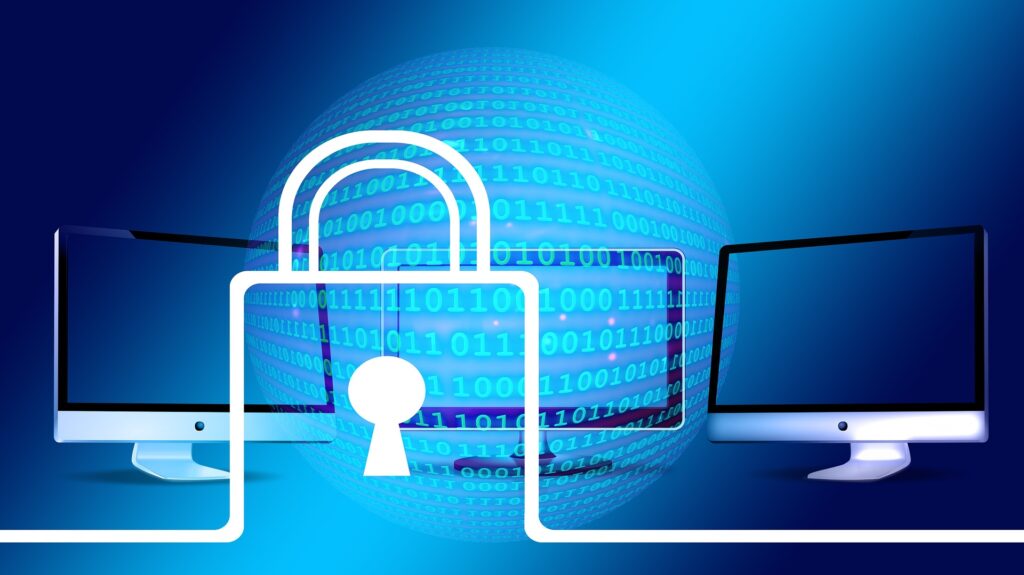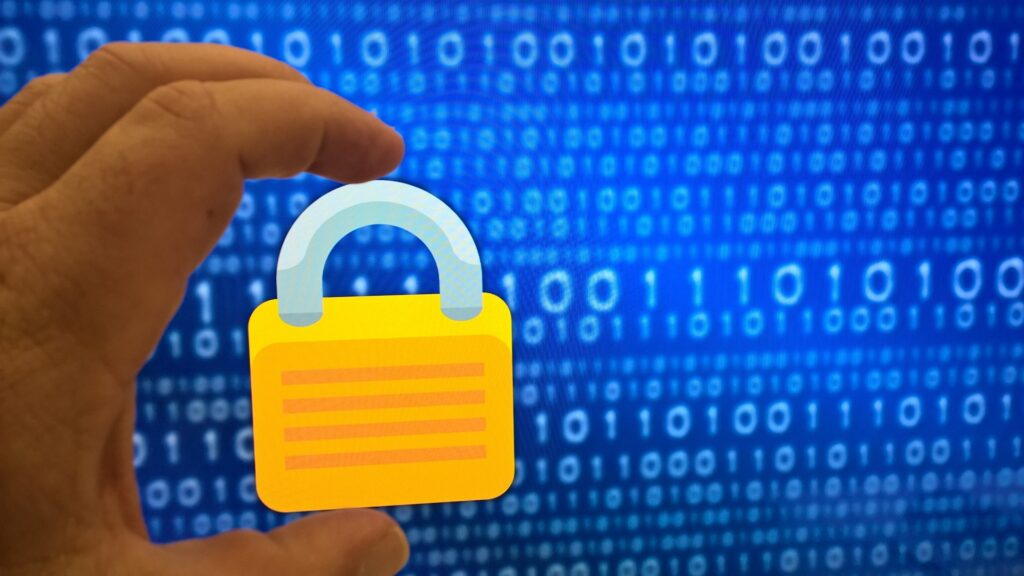Computing Security: 7 Powerful Tips for Keeping Your Devices Safe
Keeping your devices secure is more critical than ever in this age of everything going digital. The nature of threats is very sophisticated, and protection has been changing accordingly to protect more against cyber-attacks in Computing Security.
So, antivirus software is not enough for their endocrine support scarring due to prevention going mainstream, fine-tuning detection capabilities, etc.

Table of Contents
Introduction
These suggestions and equipment collectively create a sturdy defence around your facts. Here, we smash down the fundamentals of computer safety with clear steerage to hold your devices and records stable.
To get to the bottom of both issues, let’s take a deep dive into ways to protect yourself from digital criminals better as we break down top tips for device security and unravel why Computing security should be something everyone is concerned about!
1. Keep Your Software Updated
This could become a haven for hackers with such outdated software. If you skip updates, your device will still have the known vulnerabilities that those patches fixed in later versions. In addition to rolling out new features, software updates are essential for fixing security issues.
Pro tip: Turn on automatic updates when you can so that this is not a problem to check. You do not always have to keep an eye out for new patches. It is a more straightforward way of staying secure.
2. Solid and Unique Passwords for Each Account
Your First Line: Passwords Recall cracking into those doors again, only this time instead of sturdy locks. It’s more as if sheet steel door layouts have the most accessible lock known to man and lots of passwords, you know.
We advocate the usage of a password supervisor to keep and manipulate your passwords competently. They generate complicated passwords, too, which is a much less critical element to recollect.
3. Two-factor authentication (2FA)
The quickest and most honest measure to secure your account with additional Security is activating factor authentication (2FA).
If someone steals your password, activating 2FA will, by default, require a text message or some kind of app code similar to how authentication servers work to keep anyone other than you from logging in.
What Is Important: 2FA, which is highly successful in preventing access by unauthorized personnel. Someone may get the password, but they need help getting it.
4. Beware of Phishing Scams
Phishing scams are the simplest and most common way for a hacker to steal personal information (let that be your passwords or even bank details), tricking you into giving in by pretending to come from something/someone credible, but at worst, it is another sneaky cyber threat.
Most of the time, emails/messages are tailored to be as natural(so if you think for a second it should look like a standard message, better not click) as possible, so take a re-look before clicking on any link.
Protect your safety: Do not open emails or messages with suspicious links. So, instead of that, immediately go to their official website and check for any notification for you.
5. Secure Your Connection on Public Wi-Fi with a VPN
When you are out and about, needing access to the Internet and public Wi-Fi is tempting. But they need to be more secure, giving the hackers a great opportunity.
A VPN or a Virtual Private Network is another way to secure your internet connection. It encrypts all the data from an individual machine, making it incredibly challenging for any snooper to go through what you do online.
Professional tip: You can connect to public Wi-Fi with an excellent VPN. It is a valuable approach for holding your laptops secure on the transfer & essential piece of thought; it doesn’t Cost much compared to what you’d spend shopping for one other laptop.
6. Choose what app permissions to get
An app installation This means they introduced optional permissions. For example, a weather app does not require access to your contacts or the camera.
This might make more of your data vulnerable, so do not allow permissions like full rights to personal information, which may require careful selection and checking.
Professional tip: remember to check app permissions on your phone. Fewer people can access the data if this sounds good, but only somewhat implement it.
7. Regularly Back Up Your Data
Data backups are one of the easiest and most powerful ways to safeguard your digital life. Everything is gone except your files, photos, and essential data.
Whether your personal files or professional documents, backups save you from device malfunction, cyber-attacks, and unintentional deletion.
Select How to Back Up: Preferably upload everything in your cloud storage, but using external hard drives also works. The secret here is to ensure you are doing a backup regularly so your most recent data remains safe and sound.
Benefits: Why Focusing on Computing Security Is Important
1. Peace of Mind
This little factoid can help give you peace of mind, which will be comforting if you conduct sensitive business on such devices without constantly stressing about digital threats by investing in Computing Security.
2. Avoid Financial Loss
The economic consequences of cyberattacks are significant. Especially when ransomware is involved, it helps keep your data safe and reduces the risk of breaches, fines, or expensive recovery costs.
3. Enhanced Productivity
Not only can your systems and devices be better protected from problems such as viruses or malware, but This gives you the best possible user experience without breaks and leaves the flow of work unaffected.
4. Improved Digital Hygiene
Taking these sorts of precautions is also an excellent digital hygiene practice in which to be skilled. A proactive approach to technology involves backing up data regularly, updating software, and using strong passwords.

FAQs: about Computing Security
1. Why Computing Security Matters?
Therefore, Computing Security is not a luxury but a necessity because we are now in a digital age. You lock your door when you go out, correct? So, too, you don’t unlock your devices to the full extent of cyber threats.
The Internet is a wild west of risks, from hackers to malware. But fear not! Fortunately, the threats can be avoided if you have some common sense self-protection measures. With that out of the way, I will address a few FAQs that should clarify certain things and explain why Computing Security is essential.
2. What is Computing Security, and Why is It Important?
Computing Security: The conceptualized measures and policies necessary to prevent computing devices from accidental or malicious exploitation in the event of unauthorized access, theft/loss/failure. Your bouncer in the digital world, if you will. Why is it important?
Identity Security: Your details, social security number, bank information, and passwords are what cybercriminals can use to steal from you. The concept of Computing Security protects these details from being breached.
Data Integrity: your data is not falsified or tampered with. Another essential part is having a good security service because no malware would infect and change your files.
Satisfaction: Being confident in the Security of your devices gives you peace of mind to freely explore the web without feeling like someone is always behind you, which leads back to doing all those fun cat videos!
3. What are Common Types of Cyber Threats?
Malware is a general term describing any software designed to cause damage or disrupt computer systems. Think of them as the roaches in the digital world, unwanted and difficult to remove!
Phishing Attacks: These clever ploys get you to share your identity. In particular, they mimic bank emails or those from big sites like Twitter. If it seems shady, then it probably is.
Ransomware: A terrible malware that encrypts your files and then asks for a ransom to decrypt them. A cruel cyber kidnapper that holds me hostage.
Data Breaches: Unless this is a late 1990s animated movie, these cheeky cyber-criminal parties will make immense sums of money and ruin your life by hacking sensitive data like user accounts (and payment details) into identity theft. Do keep a lock on your digital doors!
4. How Can I Protect My Devices?
Strong Passwords: Your first line of defence should always be a strong password. Or combine uppercase and lowercase numbers and symbols. Pretend you are building a wall around your digital fortress.
Permanently Activate Two-Step Authentication: Another verification step (usually a text to your phone) is ensuring you are who you say you are, like requiring a key and password to get into your account.
Update Software: This software often addresses security vulnerabilities through updates and changes and continues to provide safeguards for new threats. Skipping updates is equivalent to leaving a window open in a rainstorm. You will get wet sooner or later!
Use Antivirus Software: Buy high-quality software to catch any threats before they cause problems. Or a digital guard dog.
Be cautious of public Wi-Fi. Do not enter personal or financial data into a website while connected to any open network (unstated Security). It’s like a buffet for the hack, and everyone can eat.
5. Is Computing Security Worth the Investment?
Absolutely! Excellent Security is accessible on computers. Security at scale at some level can be a significant expense, and many times, it leads to increased profitability. Data breaches and malware attacks can be costly for those suffering fallout. Better safe than sorry. Especially when you can never quantify the price of peace, knowing that your data is secure, think of them as a balloon drifting away.
Conclusion
In the technology world, it is pretty definite to find Security as it ranks no one Component in your speedy perception. Computing Security protects your privacy, maintains the integrity of the information you need, and gives you peace of mind—the knowledge and action to keep you safe while surfing is paramount.
Know the threats and protect yourself accordingly. You can be confident navigating around online! Enjoy the world of online, but lock up on your way out!1

